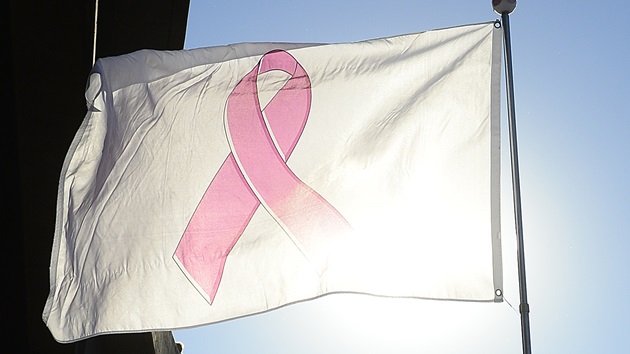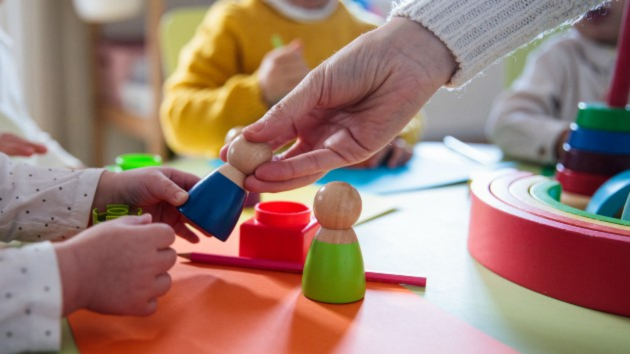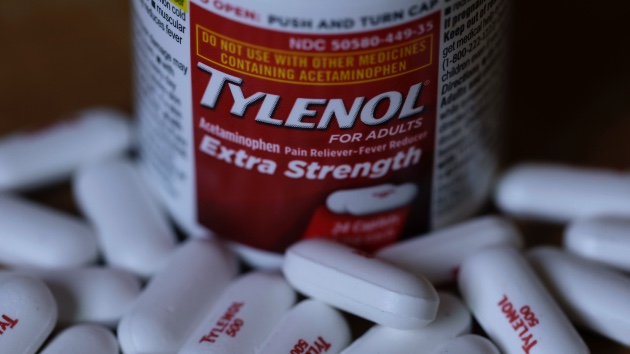Bill backs up new 988 suicide prevention line with funding
Written by luck on March 18, 2022

(WASHINGTON) — In advance of the rollout of the National Suicide Prevention Lifeline’s new three-digit number, legislators have announced a bill to help fund its implementation.
The bill includes federal funding and guidance for states and localities preparing for the July launch, including mental health block grants and $100 million to partner with cities on mobile crisis response teams to help stabilize people in need. It would also increase the amount of federal funding for the Lifeline, which runs a national backup network to receive calls that can’t be picked up at the state and local levels, and provide $10 million for an awareness campaign about the new 988 number — modeled after 911.
The 24-hour hotline has been in service since 2005 and has received more than 20 million calls.
The Substance Abuse and Mental Health Services Administration expects calls to the Lifeline to more than double during the first full year of the three-digit number, and advocates say the Lifeline is underfunded and understaffed to meet the expected increase in call volume.
Despite the effort to improve the system, advocates say, people in crisis could face delays — or might not be able to reach a counselor at all without more funding.
Rep. Tony Cárdenas, D-Calif., announced the funding bill to address that issue at a press conference Thursday.
“[My bill] is to go ahead and move 988 in the right direction — to move 988 in a direction where we’re going to have local states and local city councils and local county supervisors and mayors and governors and legislators, state legislators, to start to pass funding bills,” Cárdenas told ABC News.
The 988 Implementation Act is also co-sponsored by Rep. Lisa Blunt Rochester, D-Del., Rep. Doris Matsui, D-Calif., Rep. Brian Fitzpatrick, R-Pa., Rep. Grace Napolitano, D-Calif., Rep. Don Beyer, D-Va., and Rep. Jamie Raskin, D-Md, Rep. Seth Moulton, D-Mass.
Hannah Wesolowski, chief advocacy officer for the National Alliance on Mental Illness, said about 80% of calls to the Lifeline can be de-escalated over the phone. Of the 20% that can’t, she said, about 70% can be resolved with the help of mobile crisis response teams. The rest can go to crisis stabilization centers, after which a majority can be discharged back into the community without needing to be hospitalized.
“Mobile crisis teams, which provide an alternative to law enforcement, are so critical. Relying on law enforcement is just an ineffective way to respond to [mental health] crises. That’s not the job law enforcement signed up for, nor should we be asking them to do that,” Wesolowski said.
She added that people experiencing a mental health crisis are often taken to emergency departments that don’t specialize in psychiatric care.
“So this would really help provide capital grants and other capacity resources to build crisis receiving and stabilization facilities that really serve as kind of a psychiatric emergency room that provides that short-term stabilization, [and] connections to additional care — whether that’s helping somebody return to the community, or in some cases, might be inpatient hospitalization,” Wesolowski said. “Overwhelmingly, when this whole continuum is availabl, we can avoid a lot of that hospitalization, incarceration, homelessness and other negative outcomes that we often see with our current crisis response system.”
Taun Hall, whose son Miles was shot and killed in 2019 at age 23 while experiencing a mental health crisis in California, also spoke at the press conference. She said her family tried to get Miles help for two years, but it was “almost impossible.”
“Getting help is a reactive process and leads to criminalization, especially when police are involved and responsible for their care. This is exactly what happened to our family. I called 911 to get Miles help while he was experiencing a mental health emergency and Miles was criminalized for his Black skin,” Hall said. “He was shot and killed in the community where he lived and grew up for 18 years.”
“Everyone knows you dial 911,” Moulton said. “The same needs to be true for anyone, if you wake up in the middle of the night and you or a loved one is experiencing a mental health emergency. That’s the difference that this bill is going to make.”
Moulton, who introduced the legislation to designate 988 as the Lifeline number back in 2020, said it will save lives.
“We’ll save thousands, but we don’t want to miss a single one,” Moulton said. “We have to make sure that everybody is geared up. So no matter where you are, no matter what phone you have access to, you can get the help that you need, 24/7.”
Copyright © 2022, ABC Audio. All rights reserved.





